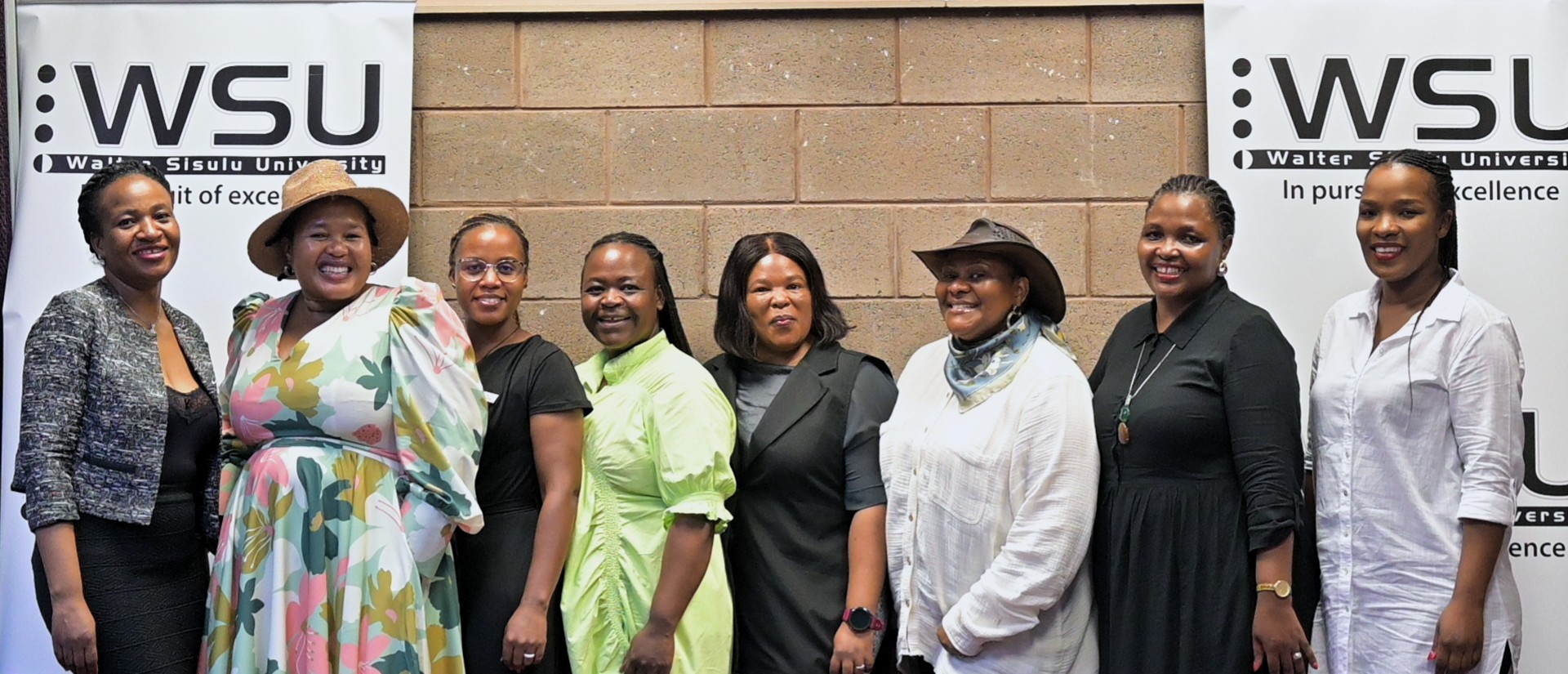WALTER SISULU UNIVERSITY WOMEN RESEARCHERS AIM TO RISE ABOVE PhD STRUGGLES
The journey to obtaining a PhD is described as an uphill battle; however, for many female researchers, the struggle is intensified by systemic challenges beyond the academic workload.
Feelings of isolation, intimidation by male counterparts, and the pressure to balance research with personal and professional responsibilities are daily realities for them.
Recognising these challenges, Walter Sisulu University (WSU) has stepped forward to create a platform for female researchers to reflect, deliberate, and seek solutions.
Through the Empower Women in Research Affiliation (EWIRA) Writing Retreat, WSU is actively addressing these barriers by equipping women with essential research tools, encouraging collaboration, and facilitating discussions around their unique struggles.
Held at the East London Health Resource Centre, the two-day retreat offered a safe space for women to share experiences, set strategic goals, and build networks that will strengthen their presence in academia.
To equip the researchers, part of the retreat included writing sessions where professionals guided them, and AI tool training sessions for them to align with the advancing technology.
Retreat facilitator, Dr. Grasia Chisango from Marketing, PR, and Communication, said it was crucial for the institution to have EWIRA and put women together to support each other.
“We have realised that most of the publications and research done in our institution and the sourcing of funds are male-dominated, and through these engagements, we also realised that we have challenges that affect our research outputs.
She added that being African, there were also gender roles that affected their work despite being academics.
“This was a great initiative, now we got to know each other better, and shared research tools that will positively impact our teaching and that we will transfer to the students we supervise,” she added.
Many of the researchers expressed frustrations over the dominance of men in research spaces, where their voices are often overlooked, and opportunities seem less accessible.
However, , their passion for knowledge and contribution to academia remains unwavering despite these hurdles.
Sharing her views, Human Resource Management Head of Department Sindiswa Mdindela-Majova said the initiative was an honour.
“We never had such sessions before, and as women, we have identified that we have challenges that make us not successful despite our potential and capabilities,” she said.
She added that women were overloaded with many responsibilities, hence their counterparts are dominating.
“We are going to overcome that now that we have such engagements, and if they can be ongoing, because if you could check the institutions with females leading in research have long started implementing the engagements,” she added.
Backing the same sentiments, Dr. Vikelwa Nomnga from the Tourism and Hospitality department said such initiatives were needed for an opportunity to create collaborations.
“We are lacking in research; therefore, collaboration would benefit us a lot, and also having more of such retreats would take us far,” she added.
During the retreat, it was discovered that without adequate support, many female researchers find themselves stuck in a cycle of unfinished work, delayed publications, and lost opportunities.
Breaking these barriers required not only resilience from the researchers themselves but also institutional commitment to fostering a more inclusive and supportive academic environment.
By: Yolanda Palezweni

